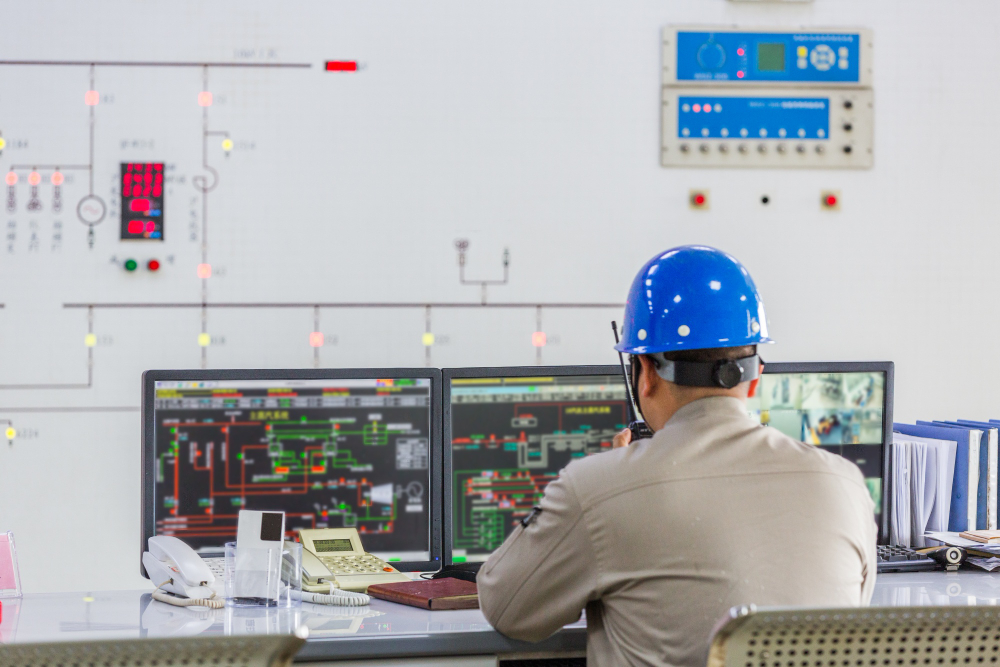The seeking for increased efficiency, productivity, and safety has led to the growth of advanced automation technologies in the ever-changing face of modern industry. PLC (Programmable Logic Controller) and SCADA (Supervisory Control and Data Acquisition) technologies have evolved as industrial automation’s backbone, revolutionizing how processes are controlled, monitored, and optimized. Let’s look at the critical function that PLC SCADA services play in industrial automation.
Process Control Streamlining
PLC SCADA services provide a solid foundation for streamlining process control in manufacturing plants, power plants, refineries, and other industrial facilities. PLCs serve as principal controllers, carrying out a set of pre-programmed instructions to control machinery and equipment. SCADA systems, on the other hand, serve as supervisory units, collecting real-time data from sensors, analyzing it, and providing operators with useful insights to help them make informed decisions. They work together to provide efficient and precise control over complicated industrial operations.
Real-time Monitoring and Data Acquisition
One of the most important benefits of PLC SCADA services is their capacity to monitor and collect data in real time. SCADA systems collect, store, and process data from field devices such as sensors and actuators, whereas PLCs acquire data from them. On intuitive graphical interfaces, operators may visualize and analyze critical process parameters, allowing for early identification of abnormalities and potential issues.
Greater Efficiency and Productivity
PLC SCADA services contribute to greater efficiency and productivity by automating formerly labor-intensive operations. Industries can reduce production downtime, and waste, and enhance overall resource utilization through precise management and optimized operations. This, in turn, leads to increased productivity and a big increase in the bottom line.
Increased Safety and Risk Mitigation
Industrial automation powered by PLC SCADA services improves worker safety by decreasing the need for manual interventions in potentially dangerous areas. Critical processes can be remotely controlled and monitored, reducing workers’ exposure to potential risks. Furthermore, SCADA systems can activate alarms and emergency protocols in the event of abnormal conditions, allowing for speedy reactions to prevent mishappenings.
Flexibility and Scalability
Because PLC SCADA services are flexible and scalable, they are suited for a wide range of industries and applications. To meet changes in production requirements or to add new features, PLC programs can be readily adjusted or upgraded. Furthermore, SCADA systems can manage many sites and handle increasing data quantities, allowing organizations to expand without requiring major infrastructure upgrades.
Data-driven Decision-Making
Data is the foundation of sound decision-making, and PLC SCADA services provide enterprises with access to massive volumes of real-time and historical data. Operators and management can spot patterns, trends, and performance gaps using advanced data visualization and analysis technologies. Predictive maintenance, effective resource allocation, and continual process improvement are all made easier with this data-driven approach. PLC SCADA services have transformed industrial automation by enabling efficient process control, real-time monitoring, and data collecting. Their contribution to increased efficiency, productivity, safety, and data-driven decision-making makes them crucial tools for industries seeking to thrive in today’s manufacturing world. PLC SCADA services will stay at the forefront of automation as technology advances, generating innovation and encouraging sustainable growth for industries globally.

